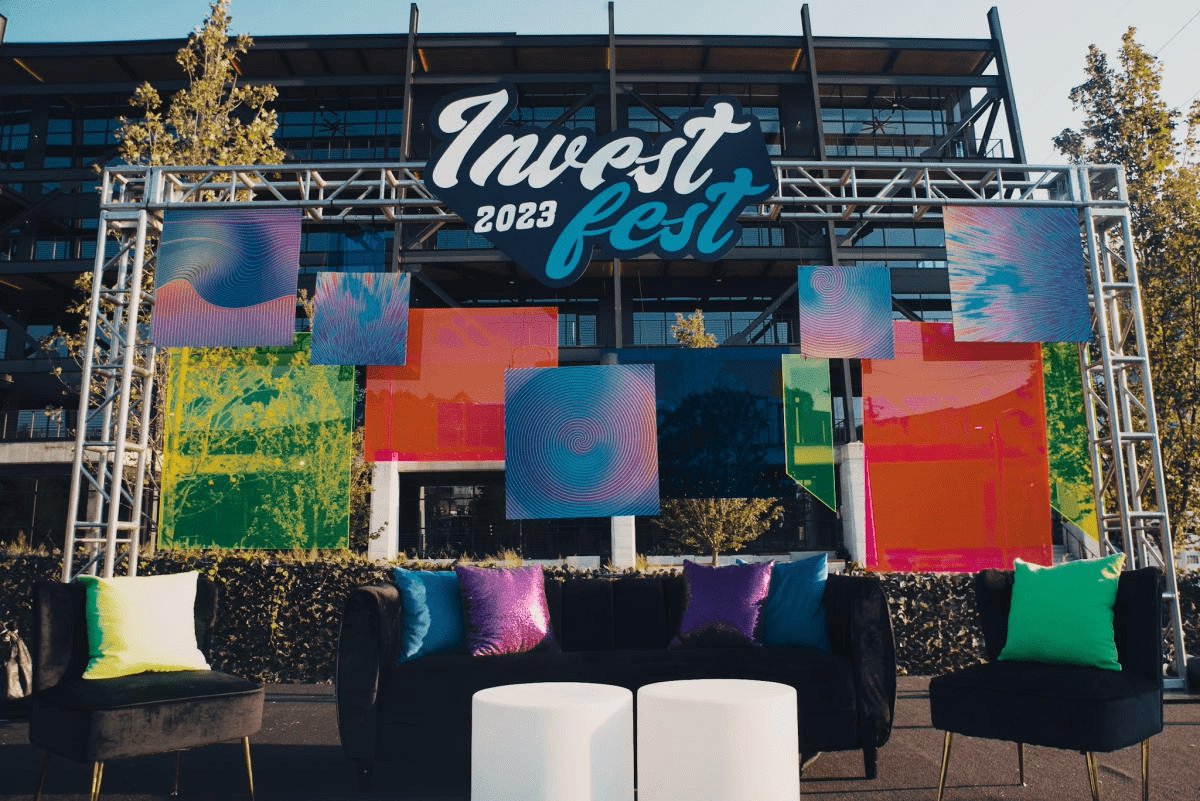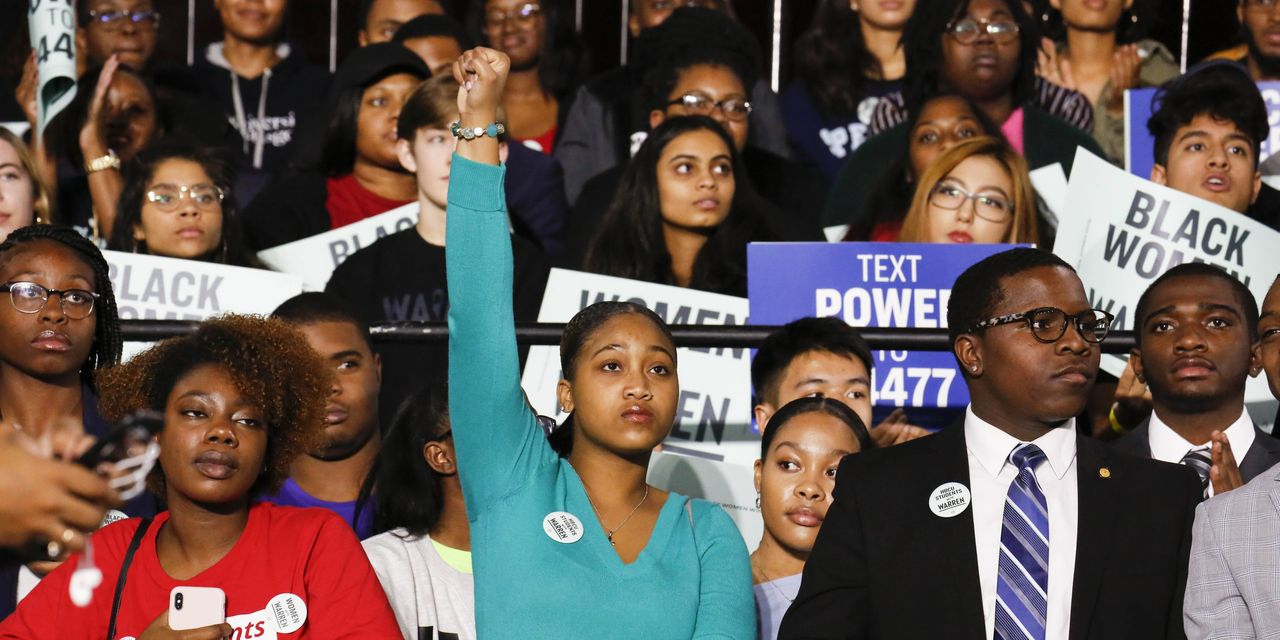Blacks Liberal Problem
Blacks Liberal Problem
The Failures of Black Liberalism Politics
Published on August 30, 2023
In recent years, the shortcomings of black liberalism politics have come into sharper focus, raising questions about its effectiveness in addressing the systemic issues facing the black community. While black liberalism has aimed to promote equality and social justice, critics argue that its approaches have often fallen short of creating meaningful change.
Insufficient Structural Reforms
One of the central criticisms of black liberalism politics is its failure to achieve substantial structural reforms. While advocating for social programs and policies, these efforts have sometimes neglected to address deeply rooted systems of inequality. Critics contend that more comprehensive approaches are needed to dismantle institutional racism and bring about lasting transformation.
Limited Economic Empowerment
Despite the emphasis on economic empowerment within black liberalism, many argue that its strategies have not led to significant economic gains for the black community as a whole. While policies like affirmative action have made important strides, they have not fully addressed the broader economic disparities that persist. A stronger focus on creating equitable economic opportunities is seen as necessary for real progress.
Political Tokenism
Black liberalism has often been criticized for engaging in political tokenism, where a few black individuals are elevated to prominent positions, giving the appearance of progress. However, this approach has been seen as superficial, with critics highlighting the need for more diverse representation and genuine inclusion in decision-making processes.
Lack of Grassroots Engagement
Some critics argue that black liberalism has failed to effectively engage with grassroots movements and activists who are on the frontlines of fighting for change. While political figures may advocate for reform from the top, lasting change often emerges from the efforts of those directly affected by systemic injustices.
Ignoring Intersectionality
Black liberalism politics has been criticized for occasionally ignoring the intersectionality of issues affecting black individuals, such as gender, sexual orientation, and disability. A more inclusive approach that recognizes the diverse experiences within the black community is crucial for creating policies that address the full spectrum of challenges faced.
Conclusion
While black liberalism politics has contributed to important conversations and policy changes, its failures to enact meaningful structural reform, promote genuine economic empowerment, avoid tokenism, engage with grassroots movements, and acknowledge intersectionality have raised concerns about its efficacy. As the movement for racial justice continues, a more comprehensive and inclusive approach may be necessary to address the complex and multifaceted issues faced by the black community.
Note: This article aims to provide a critical perspective on black liberalism politics. It is important to acknowledge that there are diverse opinions on this topic, and discussions about the strengths and weaknesses of political ideologies are ongoing.
For more updates on political discourse and social issues, stay tuned to our news platform.







.png)
.png)
Comments